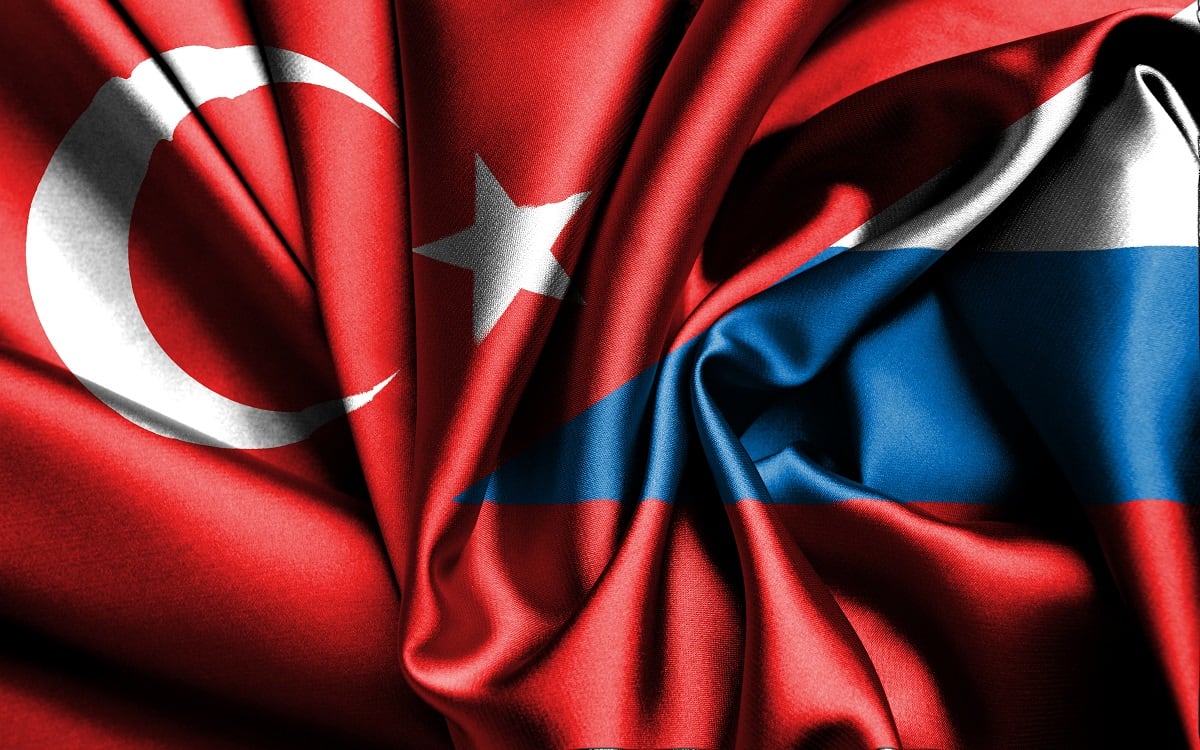ANKARA, Turkey — A multibillion-dollar contract for the production of Turkey’s first new-generation main battle tank by a Turkish-Qatari venture will further procurement ties between the two regional allies, but exports of the Altay tank into other Middle Eastern markets may face political barriers, officials and industry sources say.
“The Altay contract has the potential to further deepen Turkish-Qatari defense business,” said Ahmet Dogan, managing director at Turkey-based think tank Sigma. “There is a strong political push behind the Altay program from both governments.”
Analysts agree that much of Turkey’s ups and downs in its procurement relations with other countries have gone in line with its foreign policy trends: markets lost and markets won. But business with Qatar has been steadily flourishing, as the Gulf state remains a staunch Turkish ally.
Who’s who (and who isn’t) in the Altay program?
Late in April, BMC, a privately owned Turkish-Qatari armored vehicles manufacturer, won the contract — which industry sources predict may go up to $30 billion — for the serial production of the Altay.
Under the official timetable, Turkey’s procurement agency, the Undersecretariat for Defence Industries, or SSM, will open contract negotiations with the preferred bidder, BMC, hoping to pen the deal later this year.
SSM had been reviewing bids from three contenders since 2017. Other bidders were Otokar, maker of Altay prototypes, and FNSS, a partnership between Turkey’s Nurol company and BAE Systems. Both Otokar and FNSS are privately owned armored vehicles makers.
In 2008, Otokar, Turkey’s largest privately owned defense company, had signed a $500 million contract with SSM for the development and production of four prototypes of the Altay. The prototype contract did not involve serial production.
BMC is a partnership between a Qatari investment fund and a Turkish venture whose partner, Ethem Sancak, also sits in the executive board of Turkey’s ruling Justice and Development Party.
RELATED

In February, BMC announced it set out to an ambitious work to design, develop and produce an indigenous engine for the Altay. The company said it devoted 200 engineers on the engine development program.
Sancak, BMC’s boss, says the defense procurement agency has tasked the company with developing a local, national engine between 400 and 1,500 horsepower. But, Sancak added, BMC will try to develop an engine up to 5,000 horsepower. “The work on the engine has commenced,” Sancak said in February.
Last year, five Turkish companies responded to the government’s request for proposals for an ambitious program for the development of a power pack for the Altay. The power pack program involves the design, development and production of hundreds and eventually up to 1,000 engines and transmission mechanisms for the Altay. The bidders were BMC, Figes, Istanbul Denizcilik, Tusas Engine Industries and Tumosan.
SSM says the engine program aims to end Turkey’s dependency on foreign power technology in the Altay program.
Altay’s potential engine has been a political row between Turkey and Germany. Under the original plan, Altay would be powered by a German-made engine. But on April 28, German opposition party Die Linke proposed a draft bill that bans arms sales to Turkey, Saudi Arabia and the United Arab Emirates amid fears they are being used to carry out human rights abuses. Weapons exports to the three countries will be prevented if new legislation is approved.
RELATED

The Altay program involves an initial batch of 250 units, but the number of tanks Turkey could purchase will likely go up to 1,000 units. A BMC official estimated the 20-year Altay program to reach anywhere between $25 billion and $30 billion.
Military electronics specialist Aselsan, Turkey’s largest defense company; missile-maker Roketsan; ammunition concern MKE; and several other local companies will act as subcontractors in the Altay program.
Capabilities
The BMC official said the Altay will be designed so as to challenge present and future threat concepts and combat situations. The Altay features composite armor to withstand the impact of shrapnel, bullets, missiles or shells, protecting crew from enemy fire.
“Operations Euphrates Shield and Olive Branch have shown some of the weaknesses of the current fleet of tanks in cross-border missions targeting asymmetrical enemies,” according to an officer with Turkey’s Army. “The Altay would ideally be designed to counter such weaknesses.”
The operations refer to the Turkish military’s cross-border campaigns into neighboring Syria in 2017 and 2018, targeting Kurdish militia, whom Turkey views as terrorists. Some of Turkey’s Leopard II tanks were successfully targeted by the Kurdish fighters.
The Altay will have a 120mm, 55-caliber smoothbore gun as its main armament. Its new generation fire control system will allow the user to shoot targets in motion with higher accuracy. The indigenous Turkish tank will also feature a 12.7mm remote-controlled turret and a 7.62mm tower-mounted firearm for residential areas and fire support, as the need in Syrian operations dictates. Other features of the Altay include a life support system, additional mine protection kit, auxiliary power group, laser warning system and a 360-degree situational awareness system.
Once proven in the Turkish Army, BMC aims to export the Altay to Qatar, the Gulf and Middle Eastern regions, and Asian markets, company officials say. Notably, in 2015 BMC partnered with Germany’s Rheinmetall and Malaysia’s Etika Strategi to launch a Turkey-based joint venture, RBSS.
As much as the Turkish-Qatari alliance and the Malaysian partnership increases Altay’s export prospects in Qatar, Turkic countries and the Far Eastern markets, it may diminish its chances of export to the rival block in the Middle East.
Turkey sided with Qatar when, in June, Saudi Arabia, Bahrain, the UAE and Egypt severed ties with Qatar, officially accusing Doha of supporting “terrorism” and destabilizing the Middle East. During the Gulf crisis, Saudi Arabia closed its land border with Qatar, through which much of Qatar’s food supply crossed. Turkey immediately sent aid and supplies to Qatar.
“Sales to Qatar, under the present political paradigm, means no sales to other markets like Egypt, Saudi Arabia and the UAE,” Dogan said.
Burak Ege Bekdil was the Turkey correspondent for Defense News.








